What Adults Need to Know About Wisdom Teeth Removal
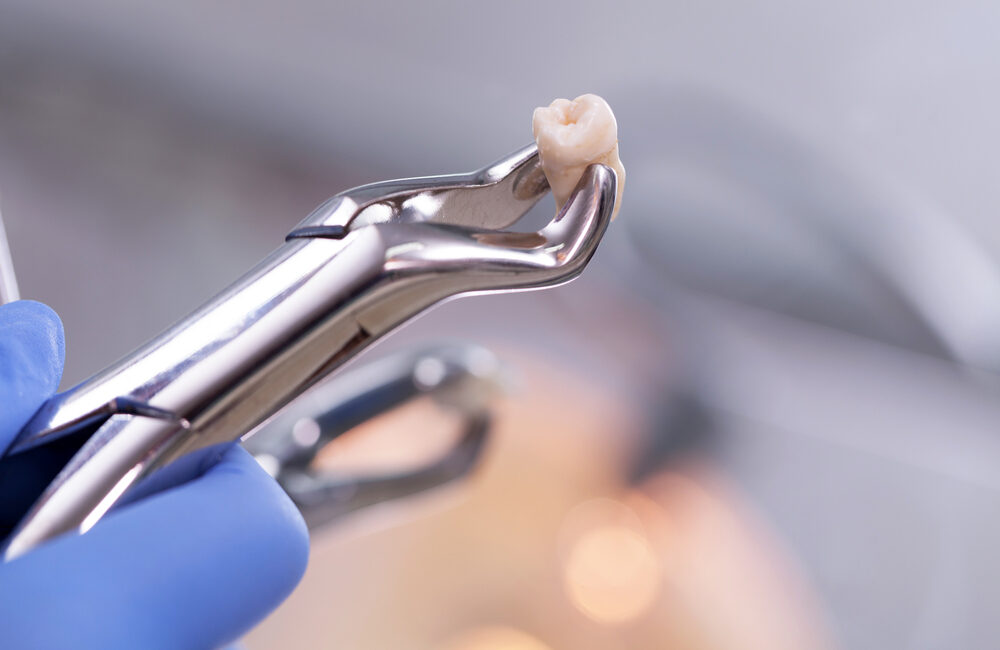
Wisdom teeth removal is a common oral surgery to preserve your oral health and protect your other teeth from future issues. You may not need to remove your wisdom teeth if they’re healthy and functional, but if problems arise with your wisdom teeth, your dental professional may recommend an extraction. Keep reading to learn more about wisdom teeth, why they need to be removed, and what you may expect after the surgery.
What Are Wisdom Teeth?
Wisdom teeth are the last set of permanent teeth in the mouth, usually coming in between the ages of 17 to 21. They’re third molars that come in on the top and bottom of both sides of the mouth, resulting in four wisdom teeth. However, according to the Cleveland Clinic, an estimated 5% to 37% of people only have some of their wisdom teeth. In some cases, people may not have wisdom teeth at all.
Why Do Wisdom Teeth Need to be Removed?
Wisdom teeth can be beneficial for chewing if they’re healthy and come in at the right position. But often, there can be problems that may lead to a wisdom tooth extraction. Here are some of the reasons why you may need to remove your wisdom teeth:
They’re impacted
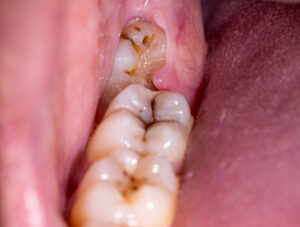
If your wisdom teeth are impacted, it means that they’re trapped in your jaw or under the gums. Impacted wisdom teeth can cause pain, infection, and the development of cysts.
They come in at the wrong position
When this happens, they may press against other teeth and can allow food to become trapped, giving cavity-causing bacteria an area to grow.
There’s not enough room in your mouth
If your jaw has no space for an extra set of molars, your wisdom teeth could crowd or damage nearby teeth.
Cavities or gum disease
Since wisdom teeth are located in the far back of your mouth, they can be difficult to brush and floss, which may lead to tooth decay or even gum disease.
What is the appropriate age for wisdom tooth removal?
According to the Cleveland Clinic, dentists often recommend removing your wisdom teeth during your late teens or early 20s. Your wisdom teeth are still developing during this stage, so they may be easier to extract with less risk of complications.
What is the Recovery Timeline for This Procedure?
Generally speaking, wisdom teeth removal recovery takes three to four days for most people. However, if your wisdom teeth were impacted or came in at the wrong angle, it could take a week or even two weeks to fully recover from surgery.
Your oral surgeon will provide post-surgical instructions to help you stay as comfortable as possible as you heal. Here are some guidelines they may provide:
- Rest as much as you can for the first couple of days.
- Avoid strenuous activities for 48 to 72 hours.
- Hold an ice pack against your jaw periodically to help with swelling and soreness.
- Drink plenty of fluids.
- Eat soft foods like rice, soup, pudding, and yogurt.
- Take all prescribed medications.
- Lightly soak the surgical sites with antimicrobial mouthwash to keep them clean.
- Gently open and close your mouth to exercise your jaw.
Side Effects of Wisdom Tooth Extraction
In rare cases, wisdom teeth extractions can cause some post-surgical complications. Call your oral surgeon if you experience:
- Heavy bleeding
- Pus coming out of one or more surgical sites
- A fever of 100.4° F or higher
- A hard time breathing or swallowing
- Pain that lasts more than a week
- Facial numbness
- Swelling that worsens after three or more days
Final Thoughts on Wisdom Teeth Extraction
Wisdom teeth removal is a standard oral procedure that can minimize your risks of dental problems, such as tooth decay, pain, infection, and even gum disease. It’s important to talk with your dental care provider to ensure removing your wisdom teeth is the right decision. If you need a wisdom tooth removal, consider a dental savings plan to help pay for the procedure.
Get to know 10 Tips on How to Soothe a Teething Baby.


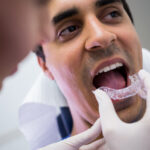
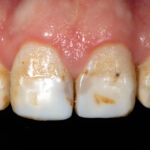
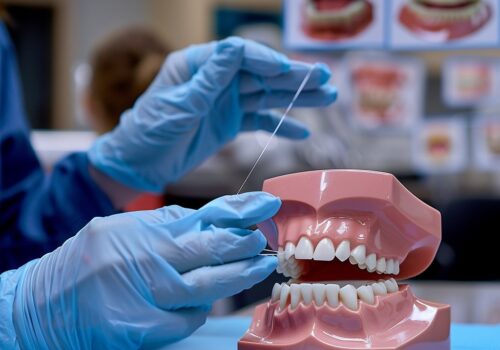


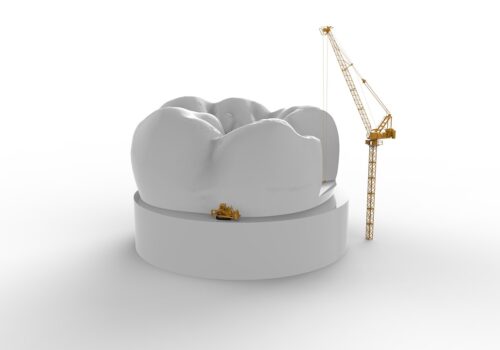
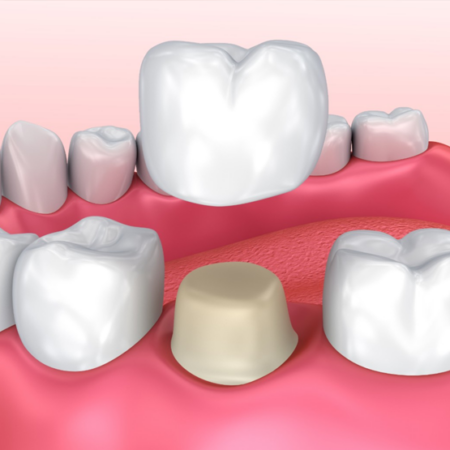
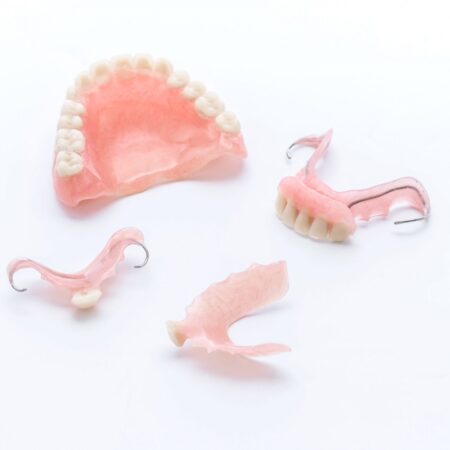
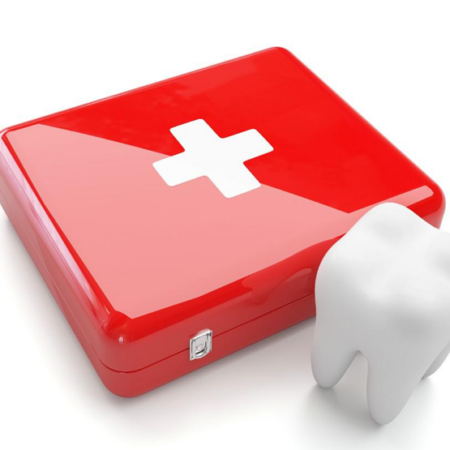
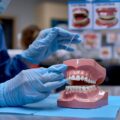


Pingback: What is Burning Mouth Syndrome? - UDENZ - MENA DENTAL PLATFORM